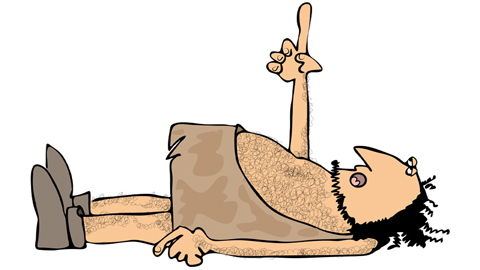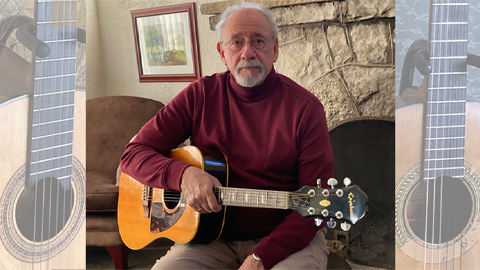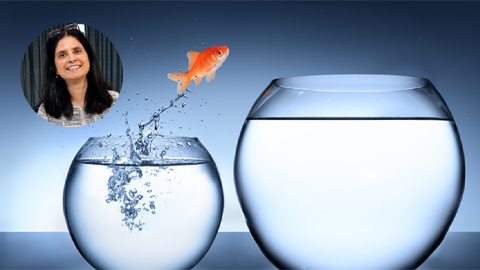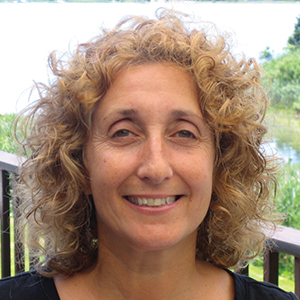Workshop provides tools faculty members can use
I never liked workshops.
Starting in graduate school and continuing through my postdoc and early faculty positions, I attended workshops on lab techniques, mentoring undergraduates and teaching strategies. The goal was often unclear or not aligned with the workshop’s title, the participants were unengaged, the activities lacked guidance and direction and, in the end, I took very little home with me.This began to change when I joined the American Society for Biochemistry and Molecular Biology and got involved in a series of workshops organized by the Educational and Professional Development Committee and held over a five-year period that focused on concept-driven teaching strategies in biochemistry and molecular biology. As a participant and eventually a host and organizer, I finally saw what a workshop could be — an engaged group of faculty from diverse institutions working together to improve student learning in the molecular life sciences.
When those workshops concluded a few years back, the steering committee of the ASBMB Student Chapters, of which I was member, recognized that faculty still looked to the society for a collaborative experience where best teaching practices could be explored. The steering committee decided to offer a new series of education workshops that would build on the model and success of those organized by the EPD Committee.
In March, we hosted the first in this new series of faculty development workshops called Catalyst Conversations for Undergraduate Educators. Hosted by Montclair State University in New Jersey and funded by the ASBMB, the event included a dozen chalkboard talks, each focusing on a class activity or pedagogy approach, followed by general discussion.
Pam Mertz of St. Mary’s College of Maryland, Celeste Peterson of Suffolk University, Quinn Vega of Montclair State University and I organized the workshop. Both ASBMB members and nonmembers were invited, with a maximum of 25 participants to ensure ease of collaboration and networking.
Participating faculty, mainly from East Coast colleges and universities, explored the use of the primary literature in the classroom, innovative approaches to lab activities, strategies for teaching core concepts and the use of computational and bioinformatics sources as teaching tools. With handouts to help synthesize each presentation — including the activity’s objective, implementation, assessments and potential challenges — each participant walked out of the workshop with tools in hand.
Feedback
Participants in the March workshop were asked to describe something they learned and, if they were presenters, something they hoped others learned from their presentations.
I learned some important strategies for improving student learning, such as how to strategically use pre-lecture or pre-lab quizzes, as well as using augmented reality as another way to study protein structure. We also discussed how to work on math skills in our classes and how to encourage crossover between biology and chemistry topics to enhance learning.
I hope that the workshop participants came away from my presentation with some new ideas about how to present the links between DNA and protein structure, as well as the impact of mutation on protein structure and human disease. I presented some possible lab exercises that could be used as a substitute for “wet lab” exercises.
—Tricia Melloy,
Fairleigh Dickinson University
I learned that ideas and reflections take on more pixels and color when they are shared with others. It helped me to explain more fully my thoughts and ideas when I shared with colleagues.
y presentation was on a pre- and post-test on threshold concepts in biochemistry, and I have students with varying chemical backgrounds in my class. I hope people saw that student learning is not just about how many previous classes a student has taken but how deeply they learned about these abstract topics.
—Kelly Keenan,
Stockton University
Scientific literacy is an important and integrated part of critical thinking skills, including interpretation and representation of scientific data; problem solving using quantitative skills; evaluation of scientific information and sources; recognition of evidence to support hypothesis; understanding of research design; and making justifications, predictions and conclusions based on quantitative data.
—Yufeng Wei,
Seton Hall University
I enjoyed hearing about the innovative practices other faculty were using in their classrooms. Since lots of us are finding similar challenges as we try to employ active learning practices, it is good to have a chance to hear about some works in progress to get suggestions and share ideas.
I have been developing a course-based undergraduate research, or CURE, project for a nonmajor’s lab and talked about some aspects of this that have been rewarding and some that have been challenging. I hope that for other faculty who are developing or plan to develop CUREs, it gave them ideas for things to try and things to avoid, and also the willingness to try a good idea that will engage students even if there are some kinks still to work out.
—Amy Springer,
University of Massachusetts Amherst
Enjoy reading ASBMB Today?
Become a member to receive the print edition monthly and the digital edition weekly.
Learn moreGet the latest from ASBMB Today
Enter your email address, and we’ll send you a weekly email with recent articles, interviews and more.
Latest in Opinions
Opinions highlights or most popular articles

Let’s make ASBMB awardees look more like BMB scientists
Think about nominating someone outside your immediate network.

A paleolithic peer review
You might think review panels have only been around for the last century or so. You would be mistaken.

Early COVID-19 research is riddled with poor methods and low-quality results
The pandemic worsened, but didn’t create, this problem for science.

So, you went to a conference. Now what?
Once you return to normal lab life, how can you make use of everything you learned?

My guitar companion
A scientist takes a musical journey through time and around the world.

Catalyzing change and redefining purpose
To mark Women’s History Month, Sudha Sharma writes about her journey from focusing on her own research program to being part of a collaborative COVID-19 project.

